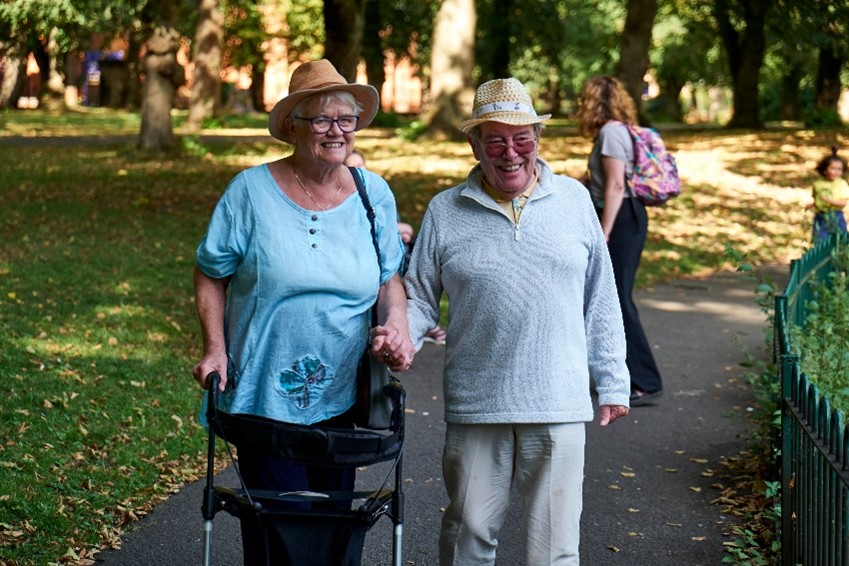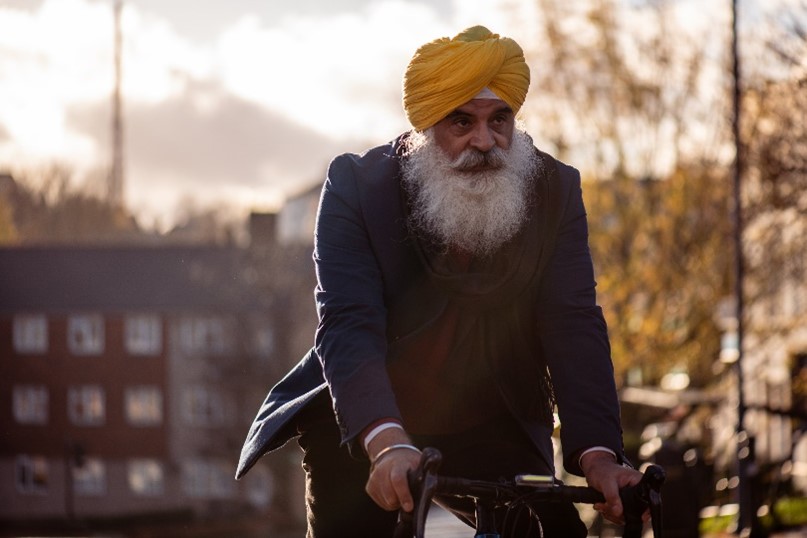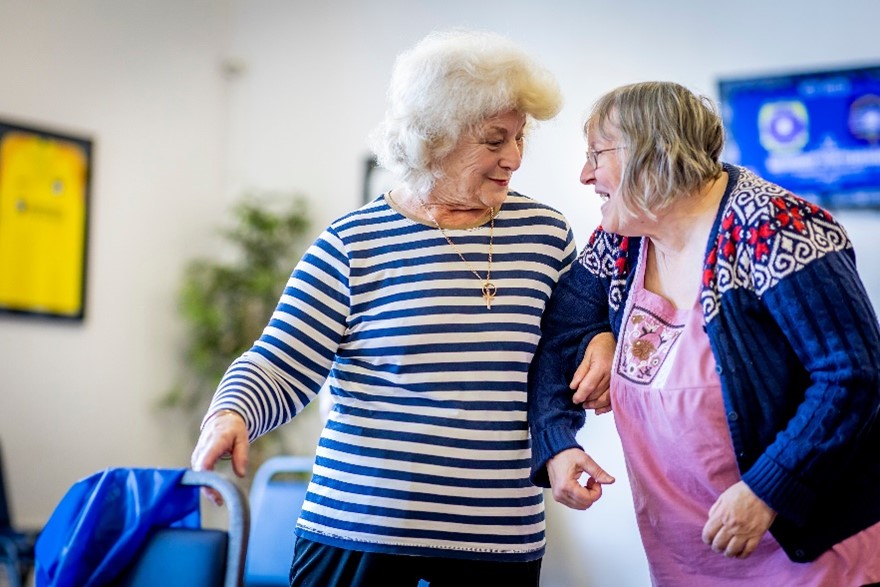Keith Chappell and Sarah Lonbay
The number of people aged 65 years or older worldwide is projected to more than double, rising from 761 million in 2021 to 1.6 billion in 2050. The number of people aged 80 years or older is growing even faster. (United Nations)
Perhaps one of the most common things people mention as they get older is that they begin to feel ‘invisible’. Invisible to other people on the street or in queues, and invisible to systems that are often set up to meet the needs of younger people or implicitly assume certain stereotypes about older people. The International Day for Older Persons seeks, in part, to make older people and their needs more visible and to challenge the stereotypes into which we can easily slip.
The theme for the International Day this year is: Ageing with Dignity: The importance of Strengthening Care and Support Systems for Older Persons Worldwide (International Day of Older Persons | United Nations). With a globally ageing population the issue of care provision is at the forefront of this year’s focus. The United Nations also emphasise the:
“importance of protecting the human rights of both caregivers and care recipients, promoting person-centred approaches to care that respect the dignity, beliefs, needs, and privacy of older persons, and for the right to make decisions about their care and quality of their lives.” (United Nations)
Person centred care that respects the rights of older people to make decisions for themselves and avoids imposing solutions is critical for dignity and something too often overlooked in busy and pressured systems.

The Safeguarding Adults for Empowerment (SAFE) project at the University of Sunderland (led by Dr. Sarah Lonbay) seeks to help the voices of older people to be heard and to improve safeguarding for those at risk of abuse. SAFE is a three year research project funded by the National Institute for Health and Care Research (NIHR) working in collaboration with Newcastle City Council, Oldham Council, Made by Mortals, and Northumbria University. Using a novel mixed methods approach we are listening to older people to understand their perspectives on keeping safe and how to improve safeguarding measures provided by local authorities. Perhaps most importantly we want to raise awareness of the fact that, as far as safety goes, older people are not an homogeneous group with the same needs, and that one size does not fit all just because you are over the age of 65. We remain individuals, with individual needs and ambitions regardless of our age.
In the Care Act 2014 a key concept for adult safeguarding was introduced into legislation, the notion of ‘making safeguarding personal’ (MSP). This means that anyone who requires support with regard to safeguarding, and has capacity to express their views, has a right to say how and at what level that support should be. The SAFE project seeks to ensure that this can be done as effectively as possible for older people through improving how we listen in these circumstances.

It can be tempting to think that once we get past a ‘certain age’ then many of life’s challenges and risks no longer apply to us but this is not, unfortunately, the case. Someone who has been in an abusive relationship for forty years is unlikely to see that abuse disappear as they become older. It may change into new forms with different stages of life, and bring new challenges, but abusers tend not to grow out of their behaviour. Additionally, reliance on others whether in the family or those providing paid services presents additional risks for financial, physical, sexual and other forms of abuse and neglect. The best way to respond to this will differ for each person. There is a risk that we are alert to this until people reach older age when we begin to assume that we may know best. The International Day for Older Persons this year seems to recognise this issue in emphasising a more person-centred approach to supporting older people. In their background to the International Day for older persons the UN asserts:
“The capability to carry out essential functions and partake in everyday activities is influenced not solely by an individual’s inherent capacity but also by the social and physical environments in which they reside. Supportive environments play a pivotal role in assisting older individuals to maintain their activity levels and independence as they progress in age.” (United Nations)
This need for a supportive environment is never more important than when considering safety and safeguarding.

For more information on the International Day for Older Persons: International Day of Older Persons | United Nations
For more information about the SAFE project please contact Dr Sarah Lonbay: Sarah.Lonbay@sunderland.ac.uk. The project is funded by the NIHR RfPB (RfSC call) (NIHR: 205704).